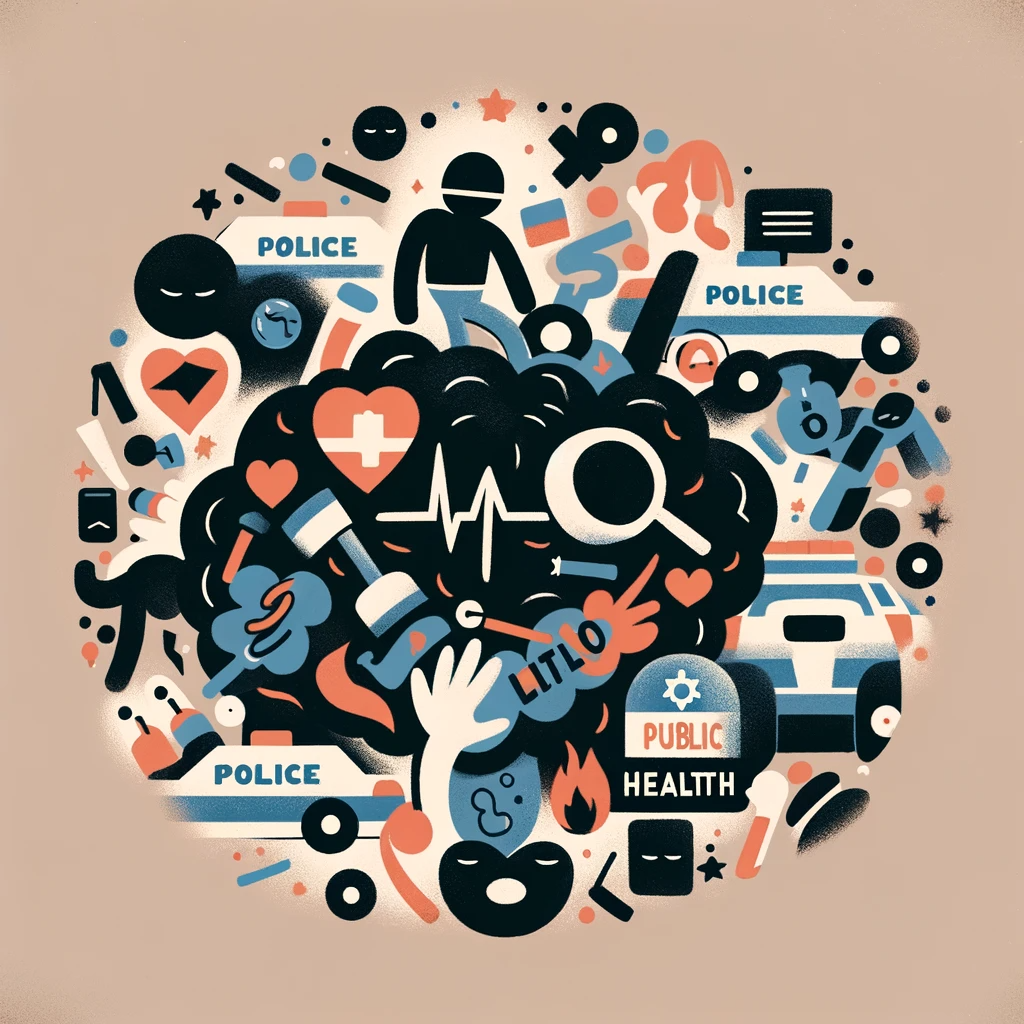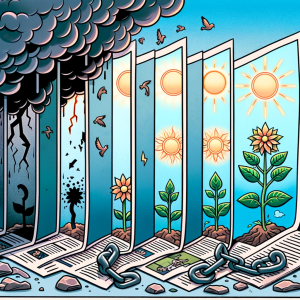
The Public Health Implications of Police Violence
The article “Police Violence and Public Health“, published in the Annual Reviews of Clinical Psychology, delves deep into the multifaceted impact of police violence on public health, particularly within marginalized communities in the U.S. This insightful piece not only uncovers the disturbing prevalence of police violence but also its profound implications on mental and physical health, highlighting an urgent need for systemic change.
Historical Roots and Modern Echoes of Police Violence
The history of policing in the U.S. has its roots in maintaining a racial hierarchy, a legacy that continues to influence policing practices today. The article underscores this point by tracing the origins of policing back to slave patrols and connecting these historical patterns to contemporary racial disparities in police violence. The tragic killings of George Floyd and others have brought renewed attention to this issue, emphasizing how deeply entrenched these practices are in the fabric of American society.
The Disproportionate Impact on Minority Communities
One of the article’s key findings is the disproportionate targeting of Black, Latinx, and Indigenous communities by police violence. The data is clear: these groups face a higher risk of both fatal and nonfatal police encounters. This disparity is not just a matter of public safety but also a public health crisis, as the stress and trauma associated with such experiences have profound health implications.
Health Consequences: Beyond Physical Harm
Police violence extends far beyond the immediate physical harm it inflicts. The article highlights its association with various mental health issues, such as PTSD, depression, and even psychosis. Moreover, the fear and trauma stemming from police violence contribute to chronic health conditions and can have a cascading effect on the overall well-being of individuals and communities.
The Ripple Effect of Police Violence
The article also explores the concept of vicarious trauma – the psychological impact on individuals who are not direct victims but are affected by the violence in their community or through media exposure. This aspect is particularly relevant in the digital age, where the spread of videos showing police violence can exacerbate its impact on public health.
Rethinking Solutions: A Multifaceted Approach
The article doesn’t just diagnose the problem; it also proposes solutions. It suggests interventions at various levels, from trauma-informed care for victims to broader societal reforms such as rethinking the role of police in communities. Crucially, it calls for a radical reevaluation of the criminal justice system and a concerted effort to address systemic racism.
A Call to Action for Public Health Practitioners
Public health practitioners have a crucial role to play in addressing this crisis. By understanding the health implications of police violence, they can better advocate for policy changes, develop targeted mental health interventions, and support community-led efforts to reform policing practices.
Conclusion: A Critical Moment for Change
The article “Police Violence and Public Health” serves as a stark reminder of the urgent need to address police violence not just as a criminal justice issue but as a public health crisis. It’s a call to action for all stakeholders – from public health professionals to policymakers – to work towards a future where policing practices do not compromise the health and well-being of any community.
Elevate Your Insight with Every Issue!
Ignite your journey as a public health change-maker through ‘This Week in Public Health.’ Each edition draws you nearer to the pulse of community health, pioneering research, and advocacy. Beyond mere news, it’s your catalyst for transformation. Become a part of our community of enlightened individuals dedicated to driving positive change in public health every week – subscribe for free now!



